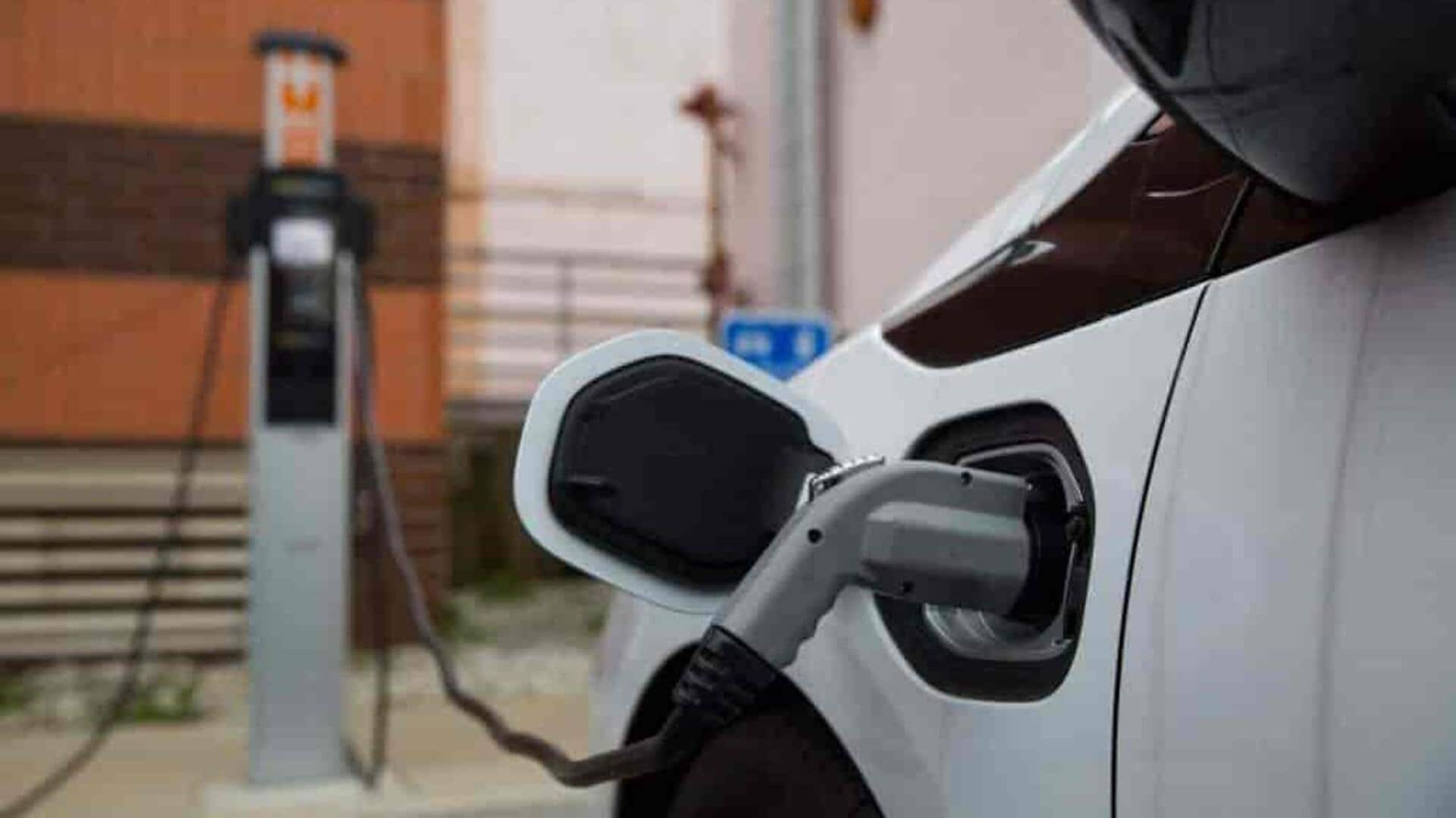
EVs in India will have 'Battery Passport': What is it?
What's the story
India is gearing up to introduce a "Battery Passport" system for electric vehicles (EVs). The initiative aims to provide detailed digital information about every EV battery, including its origin, composition, performance, lifecycle, as well as supply chain data. This information will be embedded in a QR code. The move comes as part of the Indian government's efforts to improve safety standards and boost EV exports.
Unique identification
Similar to Aadhaar card for batteries
The "Battery Passport" will work like an Aadhaar card for batteries, with each one getting a unique ID. This will include all relevant information about the product. The Niti Aayog is already in talks with various ministries and government departments to discuss this proposed framework.
Policy impact
It will be crucial for battery swapping policy
The "Battery Passport" system will also play a crucial role in the government's upcoming battery swapping policy. This will let users access information about their EV batteries by simply scanning the QR code printed on them. The need for such a system was first felt after several cases of electric two-wheelers and cars catching fire.
Production uniformity
System will ensure all cells are made in same year
Once implemented, the "Battery Passport" system will ensure that all cells in a battery are manufactured in the same year. This is important as different ages of cells can affect performance and safety. The initiative will offer users information about the lifecycle and performance of the batteries, which account for nearly 40% of EV costs.